The decision to pursue a health profession can be both exciting and challenging. Your educational preparation as an undergraduate is an essential part of your success later on. Many students arrive at the university with the goal to become a physician, dentist, or other health professional, but they have little knowledge of what the profession is really like or of its demands. Only about one-half of students who apply to medical school are actually admitted. Because competition is so intense in medicine and other health professions, you should become as familiar as possible with the career you are pursuing.
The pre-health advisors in Arts & Sciences Advising Services stand ready to assist you as you explore your options and begin your preparation for a health profession. To schedule an appointment with a pre-health advisor, go to MyUTK.edu through your Vol Academic Connect (Navigate) or call 865-974-4483 during regular business hours.
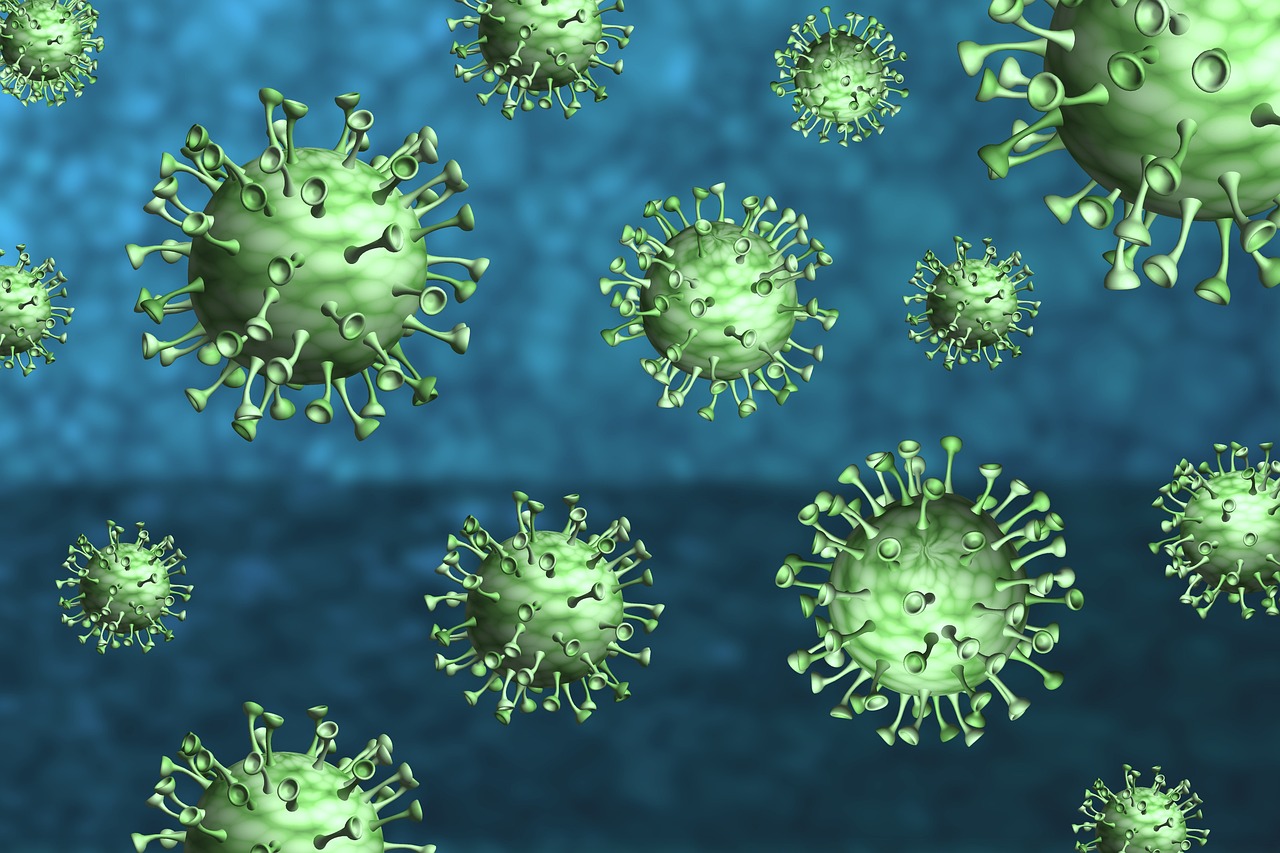
Cytotechnology & Histotechnology
Cytotechnology is the microscopic study of cells which have been shed, scraped, or aspirated from body tissues. A cytotechnologist is a highly skilled laboratory professional. These specialists prepare samples obtained from various body areas for examination by using staining techniques which make the specimen more visible. Cytotechnologists are trained to recognize minute abnormalities in the color, size, and shape of the cell structures.
The cytotechnologist is responsible for the first microscopic evaluation of the cytologic material, determining the presence or absence of abnormal or malignant cells, and providing a preliminary diagnosis in cases which warrant further evaluation by a pathologist. As a result of cytolgic findings, physicians are often able to diagnose and treat cancer before symptoms occur or before it can be detected by other methods.
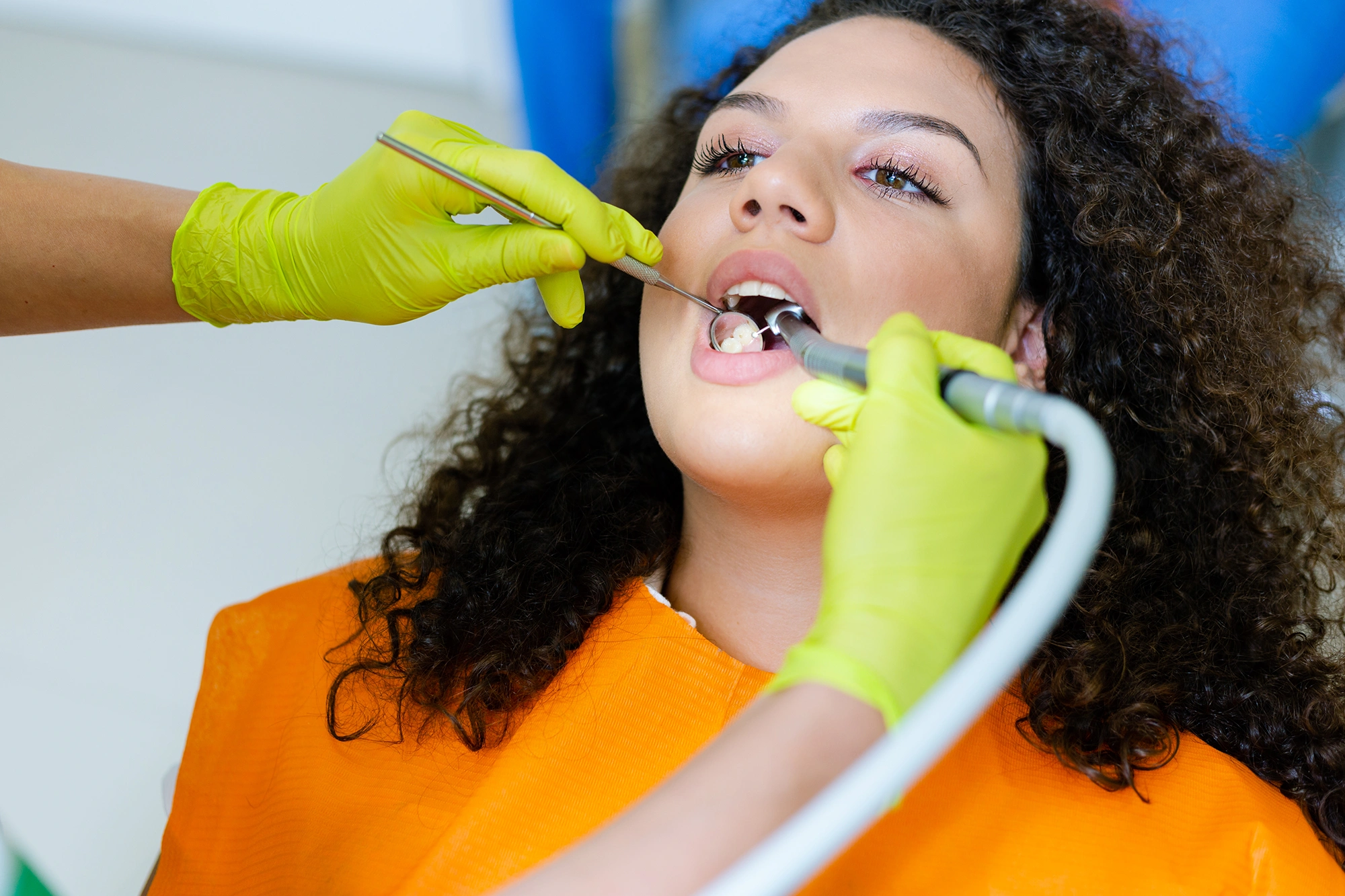
Dental Hygiene
The dental hygienist is a licensed member of the dental health team, dedicated to the prevention of dental diseases and the promotion of optimal oral health. Under the supervision of a licensed dentist, the dental hygienist provides a variety of patient services including collecting health history data, taking blood pressure, removing hard and soft deposits from the teeth, applying fluoride, placing protective sealants, and educating patients in proper oral hygiene techniques and good nutritional habits.
Programs.
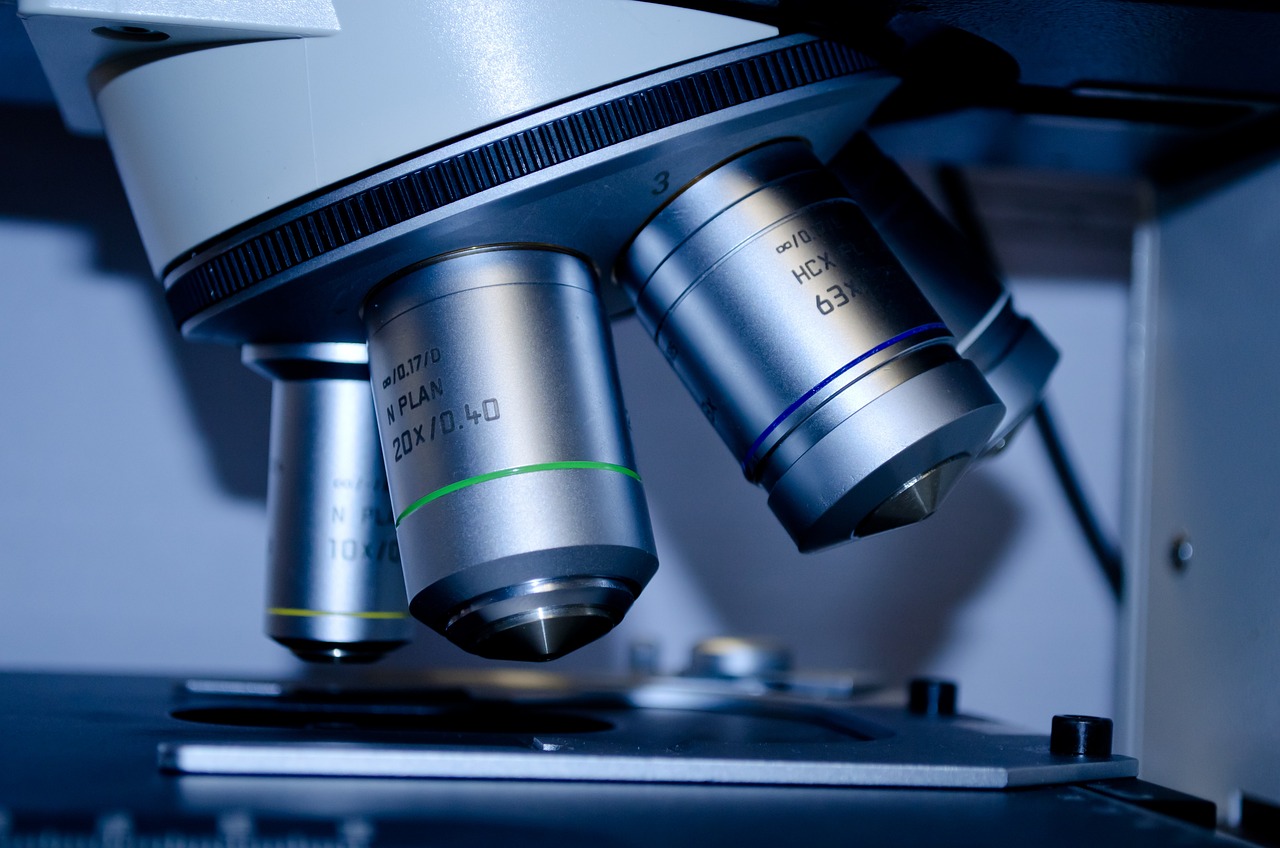
Medical Laboratory Science / Medical Technology
Formerly Clinical Laboratory Science / Medical Technology
Medical laboratory scientists/medical technologists develop data on the blood, tissues, and fluids in the human body by using precision instruments such as microscopes and automatic analyzers. They assume responsibility for, and are held accountable for, accurate results. They establish and monitor quality control programs and design or modify procedures as necessary. Tests and procedures are performed or supervised by clinical laboratory scientists in the clinical laboratory center in the major areas of hematology, bacteriology, serology, immunology, clinical chemistry, blood banking, urinalysis, mycology, and parasitology.
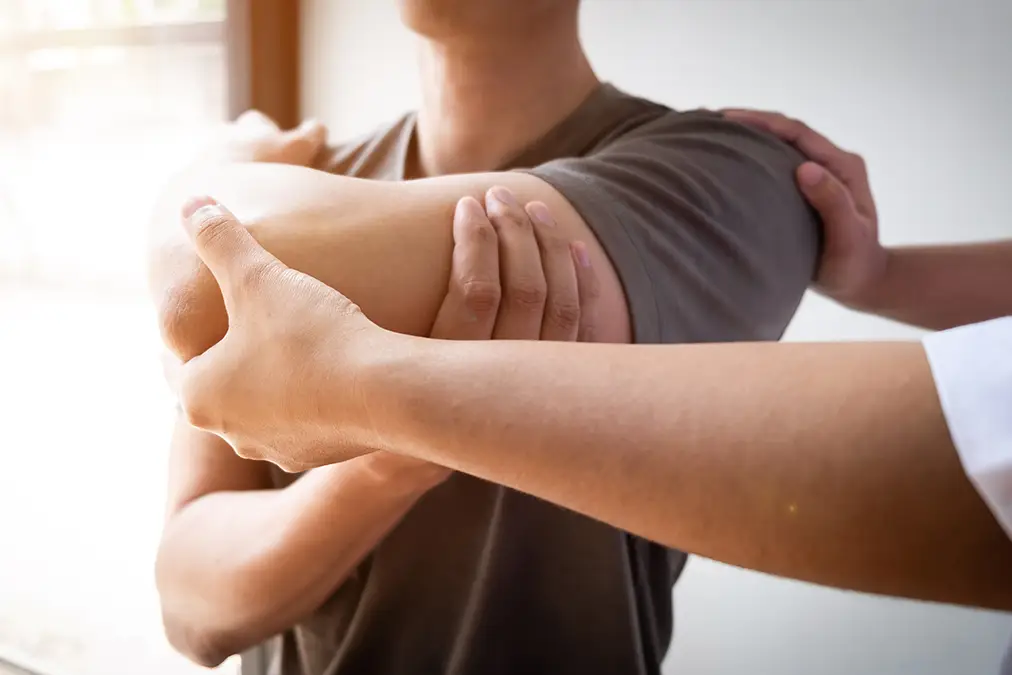
Physical Therapy
Physical therapy is a health care profession which provides services to individuals and populations to develop, maintain, and restore maximum movement and functional ability throughout the lifespan. This includes providing services in circumstances where movement and function are threatened by aging, injury, disease, or environmental factors. Functional movement is central to what it means to be healthy.
Physical therapy is concerned with identifying and maximizing quality of life and movement potential within the spheres of promotion, prevention, treatment/intervention, habilitation, and rehabilitation. This encompasses physical, psychological, emotional, and social well being. Physical therapy involves the interaction between physical therapist (PT), patients/clients, other health professionals, families, care givers, and communities in a process where movement potential is assessed and goals are agreed upon, using knowledge and skills unique to physical therapists. Physical therapy is performed by either a physical therapist (PT) or an assistant (PTA) acting under their direction.
Programs
- Physical Therapy Resources
- American Physical Therapy Association
- Physical Therapy Programs in Tennessee:
- Application Services
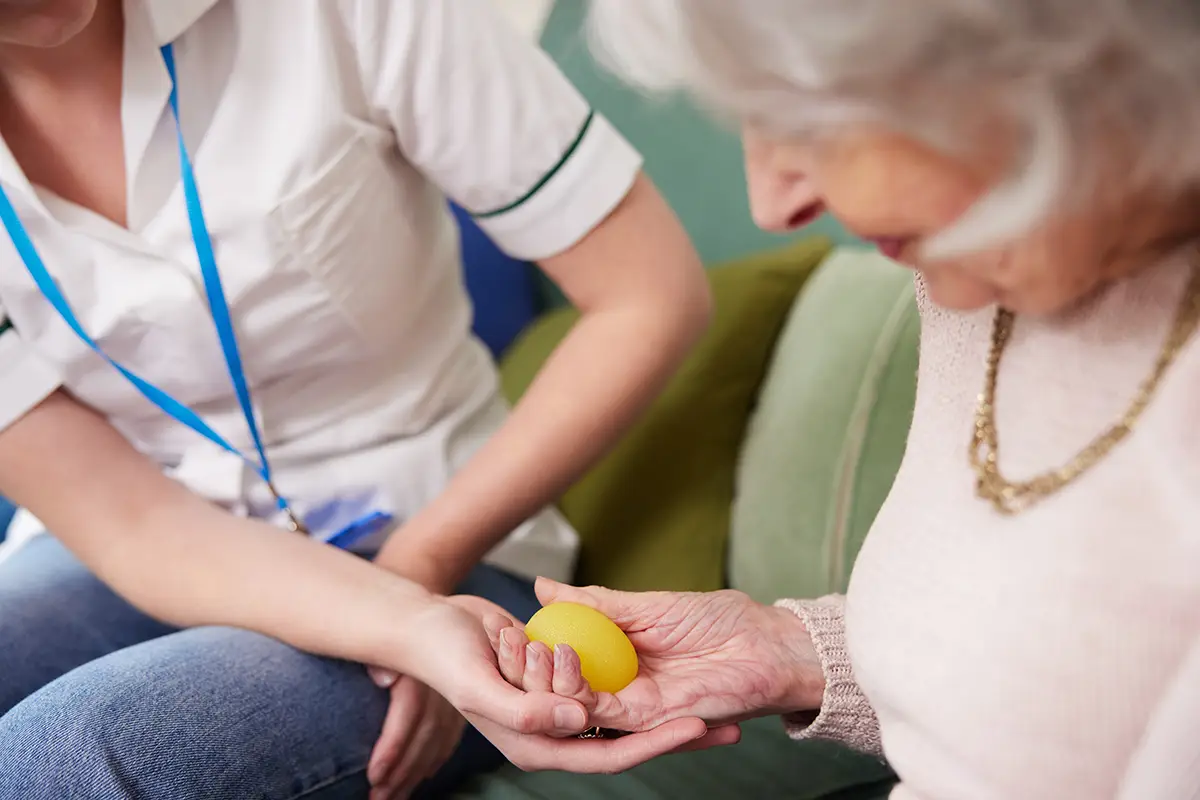
Occupational Therapy
Occupational therapy is the art and science of helping people of all ages perform day-to-day occupations (purposeful activities) that occupy people’s time and give meaning to their lives despite illness, injury, or trauma. Occupational therapy services may include adapting one’s tasks or environment, promoting normal development, providing assistive devices, or teaching compensatory techniques. The goals of intervention are to achieve maximum independence and to enhance an individual’s quality of life, including promotion of wellness and prevention of injury.
Occupational therapists are members of the professional health care team who are trained to assess the individual within the contexts of his or her physical, social, and cultural environment, developmental stage, chronological age, current life cycle phase, and disability status. Therapists perform and interpret tests and measurements of sensory, neurological, muscular, skeletal, motor, cognitive, psychosocial, and psychological function and processing to assist in diagnosis and treatment planning. Occupational therapists practice in a variety of acute, sub-acute, and community-based settings, including hospitals, rehabilitation clinics, schools, nursing homes, mental health centers, and home health.
Programs
- Occupational Therapy Resources
- Occupational Therapy Association
- Occupational Therapy Schools in Tennessee (Masters Only)
- Milligan University
- Tennessee State University
- Tennessee Wesleyan University, Knoxville
- Occupational Therapy Schools in Tennessee (Masters & Doctorate)
- Occupational Therapy Schools in Tennessee (Doctorate Only)
- Application Services
